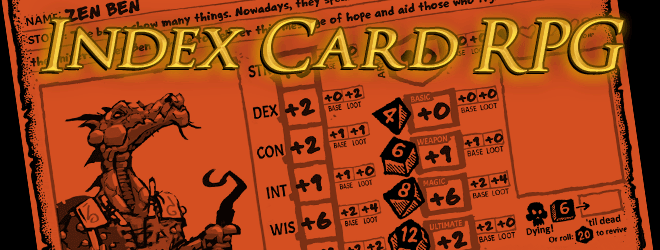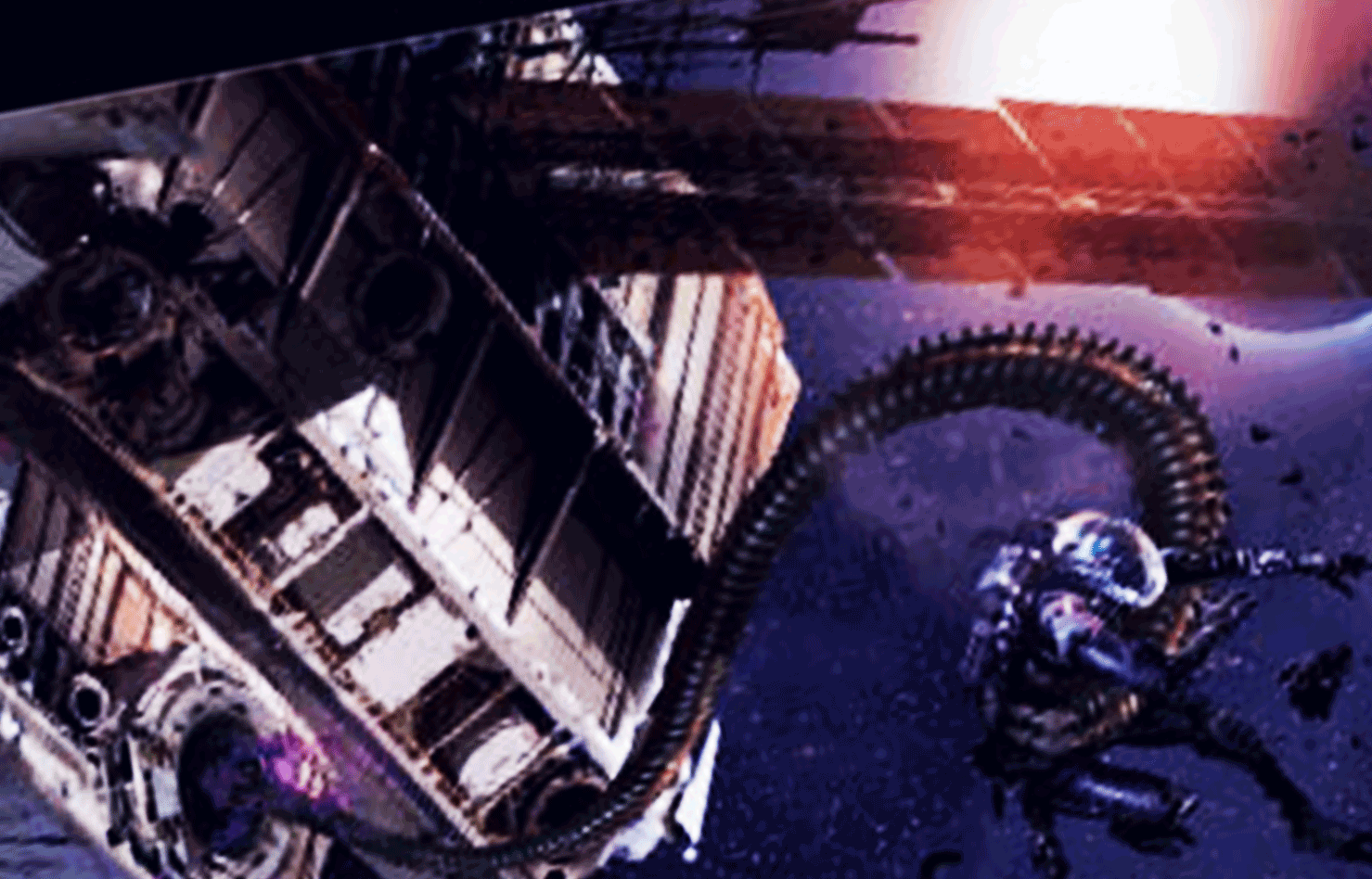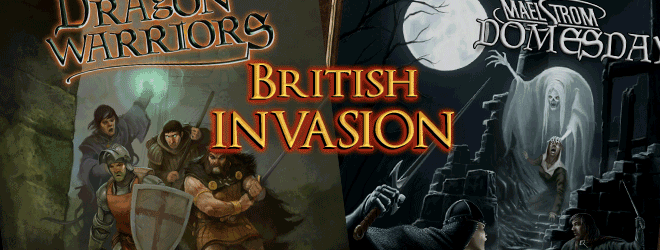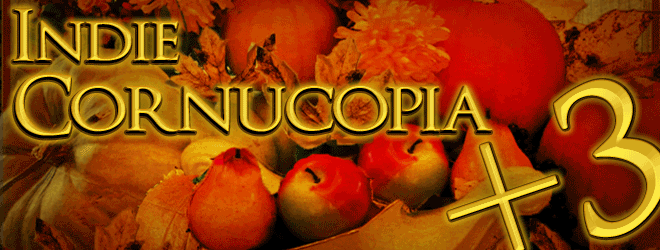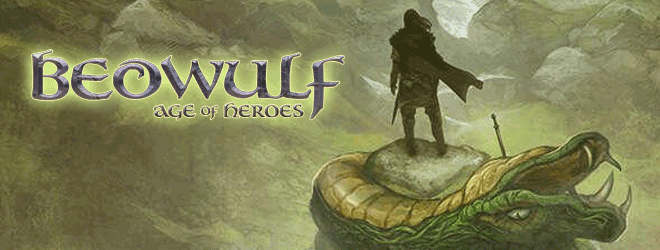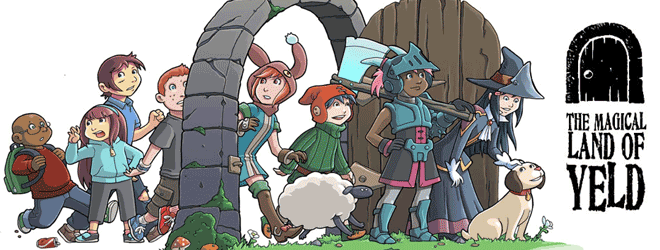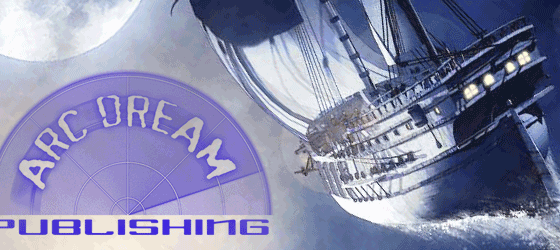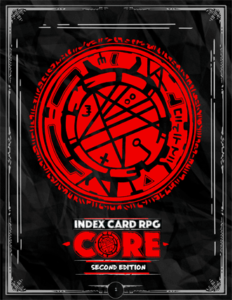 In March 2021 we presented the Index Card RPG Bundle featuring the fast-playing, modular DIY RPG toolset from Runehammer Games.
In March 2021 we presented the Index Card RPG Bundle featuring the fast-playing, modular DIY RPG toolset from Runehammer Games.
Index Card RPG is a light but complete D20 roll-over rules system with simple character creation, fast-playing combat, and all the timers, targets, monsters, and miniatures you need to play right away. More interestingly, ICRPG is a toolkit of do-it-yourself techniques to streamline any game. It’s a mentality, a philosophy. You can easily adapt ICRPG’s videogame-style ideas to any other RPG: Hearts (Zelda-inspired hit points), Effort (a way of pacing a scene), universal Targets (every roll in a given scene is rolled against the same Target number), and “banana movement.” (On your turn, your miniature can move across the playfield the length of a banana and still take another action. Move banana-length-plus, that’s your whole turn.) Designer Hankerin Ferinale outlines key concepts in his May 2018 video “ICRPG: Core Mechanics” (link starts at 0:25).
In his fine June 2017 RPG.net review of Index Card RPG, Iain McGregor summarized the game’s many remarkable features: “Characters in Index Card RPG use the six classic abilities, have ten hit points, an armor score (think AC), and Rewards and Loot. Each Class, let alone character, could fit on an index card. The Class gives a starting Reward (think core class ability) and a list of Milestone Rewards. There are no levels or XP in ICRPG. I’ll repeat that: There are no levels or XP. You get a Milestone Reward when you and the GM agree you should ‘level up.’ The main means of expanding your character is through Loot — though this isn’t your usual treasure. Along with the expected arms and armor, there is food (which gives health back) and lots of abilities that might look like spells — because they are. […]
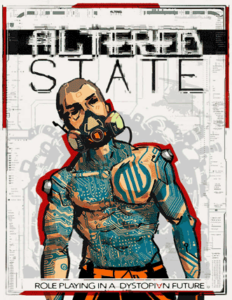 “The idea is to use index cards in place of a map or gridded mat. Rather than a checkerboard, you have a place with something happening right on the card. A GM could, at worst, shuffle the cards and deal them out like a tarot reading and voila, there’s tonight’s dungeon. […] The cards on a table invite miniatures/standees/tokens, but not in a d20 manner. We just need to know where your character is and what they are doing. That’s important, since the game uses continuous time. Once the evening starts, people take turns going clockwise around the table. There is no downtime. Time during the turn is as warped as the distance between the cards. Cards can represent a room, a town, a planet — so we have cinematic time during your turn. […]
“The idea is to use index cards in place of a map or gridded mat. Rather than a checkerboard, you have a place with something happening right on the card. A GM could, at worst, shuffle the cards and deal them out like a tarot reading and voila, there’s tonight’s dungeon. […] The cards on a table invite miniatures/standees/tokens, but not in a d20 manner. We just need to know where your character is and what they are doing. That’s important, since the game uses continuous time. Once the evening starts, people take turns going clockwise around the table. There is no downtime. Time during the turn is as warped as the distance between the cards. Cards can represent a room, a town, a planet — so we have cinematic time during your turn. […]
“If you want to do something, you use the tried and true d20 approach of rolling a d20 and adding all your modifiers and hope to beat the Target. Along with index cards, one of the new-old things in ICRPG is the idea of the Target. It’s basically the DC you need to meet or beat. The difference here is that it is universal, either for a card or even for the whole adventure. It’s publicly visible and the GM can adjust it — for reasons. […] You can write your own epic narrative on how each [character] uses the thing they are good at to overcome the obstacle. You can have all the detail you want without lots of exception-based rules. And your Effort is applied to the Encounter’s Hearts. Hearts are used to judge the amount of Effort, and therefore time, you’ll need to get through the Encounter. While one Heart equates to 10 points of Effort and therefore 10 traditional hit points, it’s also a judge of how long it will take you or your party to get past it. […]
“There is an actual section in the book that addresses using ICRPG, or more specifically the ideas from the game, in other games. While probably meant mostly for D&D, Pathfinder, or other d20-derived games; it shines a light on what ICRPG really is: a way of thinking. […] It isn’t so much a game as a manifesto on how to play and how to allow you to GM for people that way.”
Check Runehammer’s popular YouTube channel and its Patreon campaign, and Die Heart’s lengthy unofficial list of Index Card RPG resources.
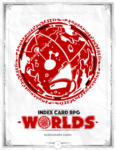 There were four titles in our Starter Collection (retail value $54.50) as DRM-free .PDF ebooks, including the complete 2017 192-page Index Card RPG Second Edition core rulebook (previously in our November 2017 Old School Revival 5), plus its free ICRPG Quickstart; the key supplements ICRPG Worlds and ICRPG Magic; and a collection of 44 pregenerated fantasy characters, Heroes of the Hammer.
There were four titles in our Starter Collection (retail value $54.50) as DRM-free .PDF ebooks, including the complete 2017 192-page Index Card RPG Second Edition core rulebook (previously in our November 2017 Old School Revival 5), plus its free ICRPG Quickstart; the key supplements ICRPG Worlds and ICRPG Magic; and a collection of 44 pregenerated fantasy characters, Heroes of the Hammer.
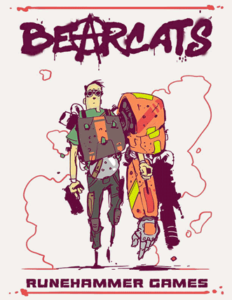 Those who paid more than the threshold (average) price also got our entire Bonus Collection with nine more titles worth an additional $58, including the World Map Poster Pack and Doomvault Mega Map, the cyberpunk supplement Altered State, four complete campaign settings — Vigilante City, Xeno Dead Zone, Blood and Snow, and Bearcats — and two adventures by YouTube video reviewer and ICRPG fan Dave Thaumavore: Age of Snakes and The Turnip Knights.
Those who paid more than the threshold (average) price also got our entire Bonus Collection with nine more titles worth an additional $58, including the World Map Poster Pack and Doomvault Mega Map, the cyberpunk supplement Altered State, four complete campaign settings — Vigilante City, Xeno Dead Zone, Blood and Snow, and Bearcats — and two adventures by YouTube video reviewer and ICRPG fan Dave Thaumavore: Age of Snakes and The Turnip Knights.
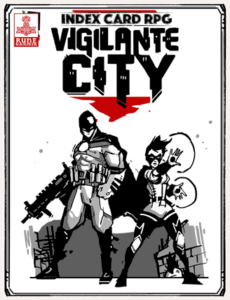 Ten percent of each payment (after gateway fees) went to this offer’s pandemic-related charity, Direct Relief. Direct Relief gets protective gear and critical care medications to health workers, with emergency deliveries to medical facilities across the US and to regional response agencies across the world.
Ten percent of each payment (after gateway fees) went to this offer’s pandemic-related charity, Direct Relief. Direct Relief gets protective gear and critical care medications to health workers, with emergency deliveries to medical facilities across the US and to regional response agencies across the world.
